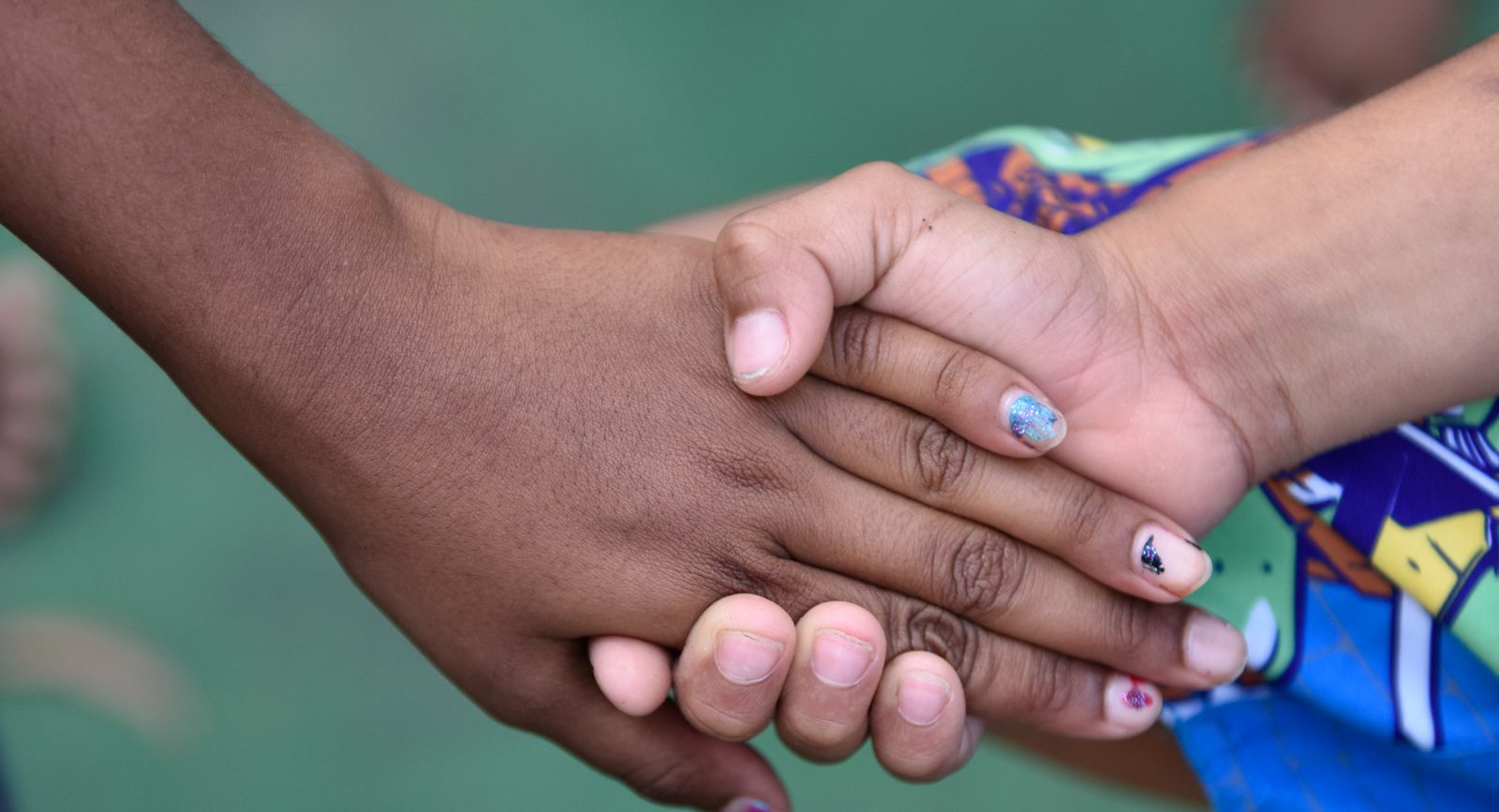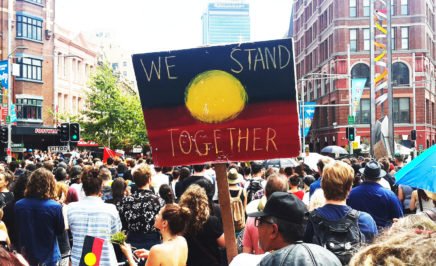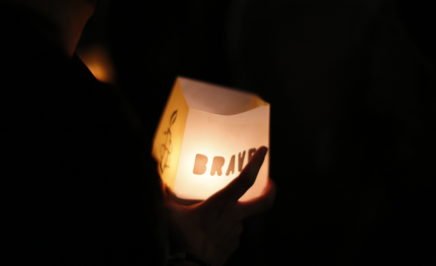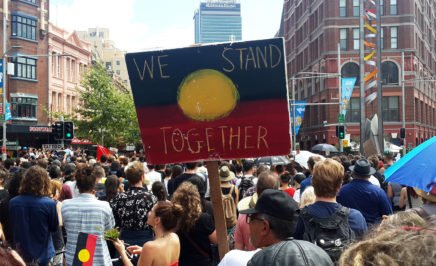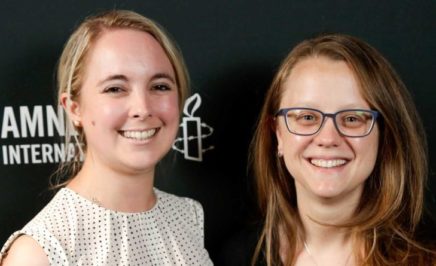Rodney Dillon is a Palawa man from Tasmania and Amnesty International Australia’s Indigenous Rights Advisor
For some people, 26 January means a day of barbecues, of fireworks, of friends and family. A day to celebrate this country. Australia Day.
This year, like every year, I wish I could tuck into some prawns, watch those fireworks, and join in the celebrations on that day.
But for me, my family, my friends, and pretty much everyone I know, 26 January is a date of grief and mourning, not a day of celebration.
Many years ago, I realised I couldn’t celebrate Australia on 26 January. Sometimes I come to work that day like any other. But usually I join with most Aboriginal and Torres Strait Islander people, and an increasing number of non-Indigenous people, to take to the parks and the streets to protest the ongoing human rights abuses of our people.
That date is the anniversary of the colonisation of this country 230 years ago. It’s the date that began all the killing, the rapes, the slavery, the incarceration, the wrenching of children from their mothers’ arms and the theft of our beautiful land and waters.
26 January means sorry business for our people.
Every year that Australia Day is held on the anniversary of colonisation is another year that Australians try to pretend our history of brutality didn’t happen.
But what if Australia Day was a day that united us, rather than divided? A day where we all could come together to celebrate this huge, beautiful, unique land and waters, and our diverse cultures?
What if Australia Day were moved to any of the other 364 days in the year that didn’t mark the start of all this pain? A date that meant something to everyone, whether your ancestors came here 65,000 years ago, 230 years ago, or you migrated here last week.
There are so many options for dates that could unite us as a country.
There’s 3 June, Mabo Day and the date the High Court of Australia recognised Aboriginal and Torres Strait Islander people were living in this country before it was invaded. There’s 1 January, the date of Federation.
And there’s my favourite, 1st of September, the first day of Spring and the time when the days start getting longer and warmer. We currently know it as Wattle Day, because it’s when our green and gold national flower is out and blooming all over the country — a unique Australian beauty that we can all celebrate.
The call to #ChangeTheDate is getting louder, and will continue to grow each year. A national day that should be about togetherness will instead be marred by divisiveness until the date is moved — and this will stall the progress of reconciliation.
I believe in reconciliation for this country. I was heartened by the bridge walks in the year 2000, when hundreds of thousands of people walked in support of reconciliation.

I feel that same spirit today, in the growing movement of Indigenous and non-Indigenous people calling for our national day to be held on a date when we can all celebrate the amazing survival and resilience of the world’s oldest culture.
A movement of people who see the opportunity for us not only to share 230 years of knowledge, but to share 65,000 years of knowledge.
I’m proud that my employer Amnesty has adopted a position and an online petition that the date should be moved, calling on the Federal Government to consult with the community to choose a new date for Australia Day so it can be celebrated by all.
It’s an acknowledgement of the human rights abuses that have happened against our people, and are still happening today.
It’s a sign that we need to tell the truth about 26 January, about Australia’s history of atrocities, for us to be able to heal and move forward, together.
My hope is that our elected leaders will also show the vision to do the right thing and move the date, so we can all move forward in the spirit of reconciliation.
This article originally appeared in the Koori Mail.
